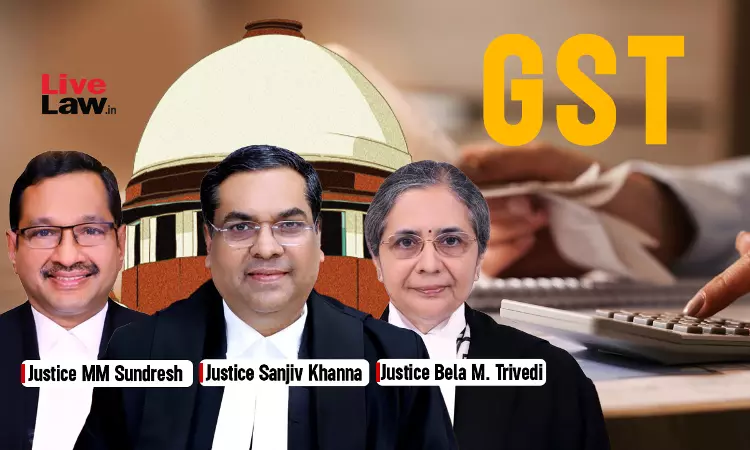GST Officers Should Not Arrest On Mere Suspicion, Verifiable Material Necessary: Supreme Court Says During Hearing
Debby Jain
11 May 2024 9:37 PM IST

Next Story
11 May 2024 9:37 PM IST
While hearing a batch of petitions challenging penal provisions of the Customs Act, GST Act, etc. as non-compatible with the CrPC and the Constitution, the Supreme Court on May 9 orally observed that a GST officer must have material, which can be verified by a Magistrate, before arrest is made and not act merely on suspicion. The bench of Justices Sanjiv Khanna, MM Sundresh and Bela M...
